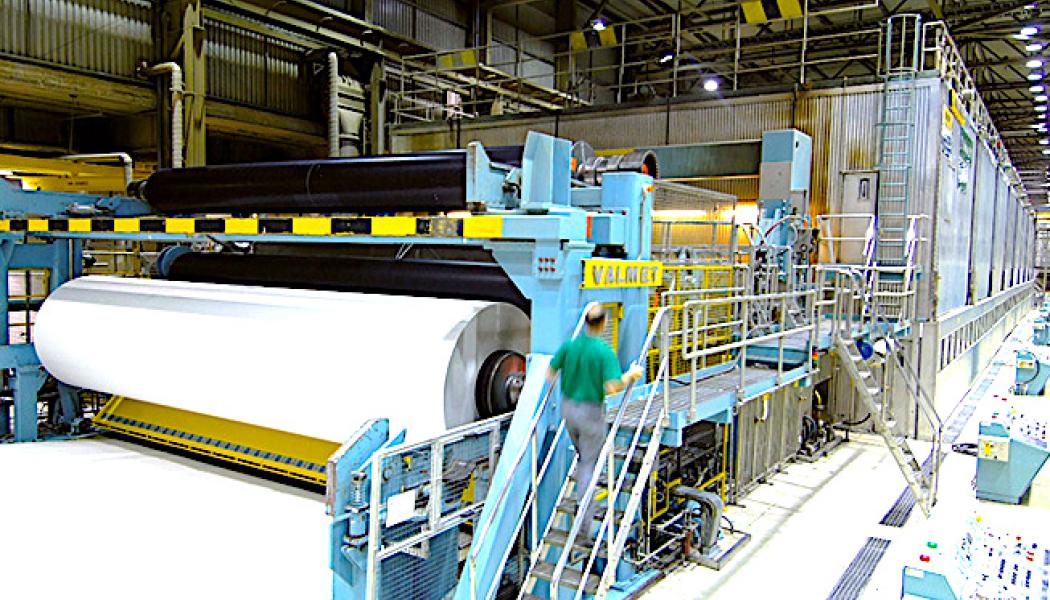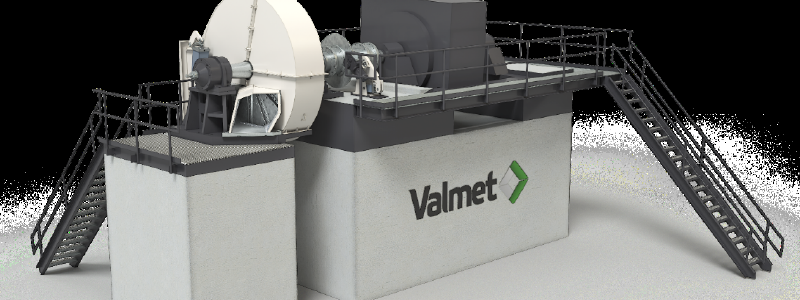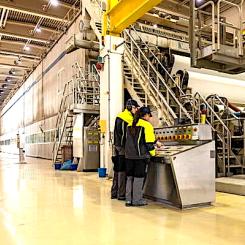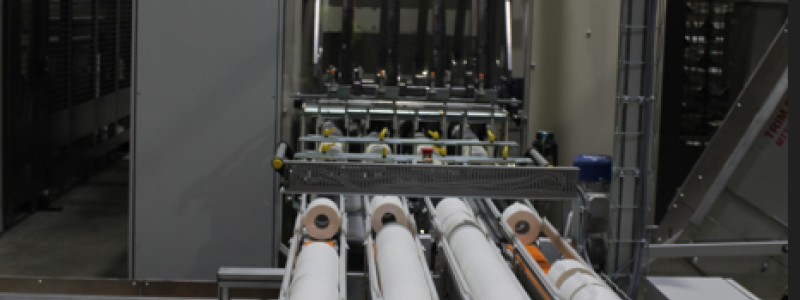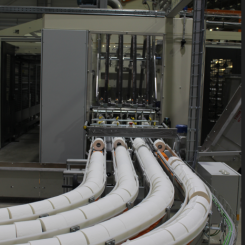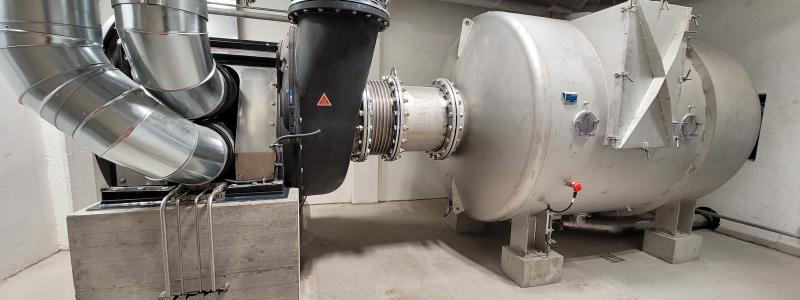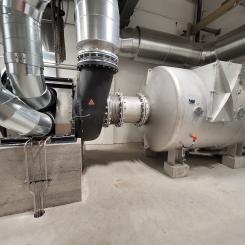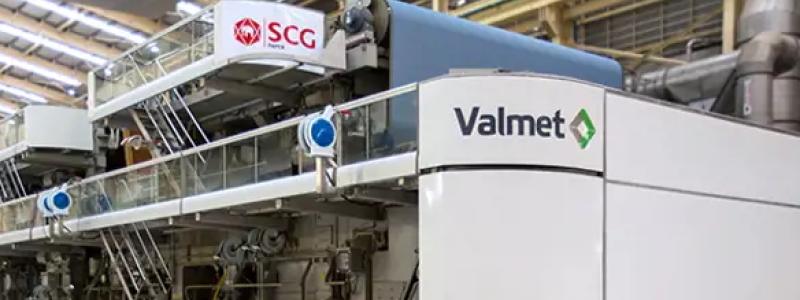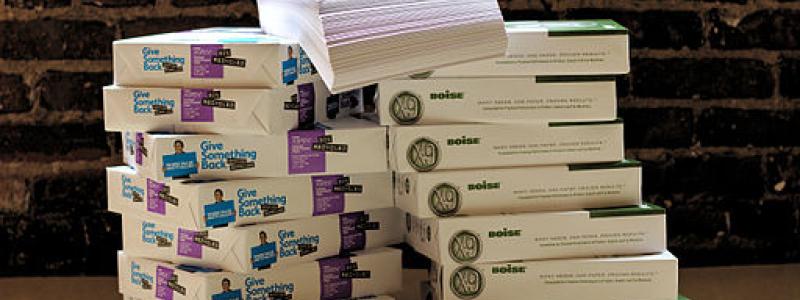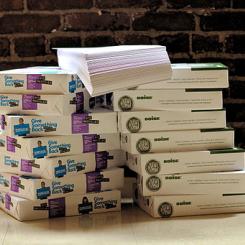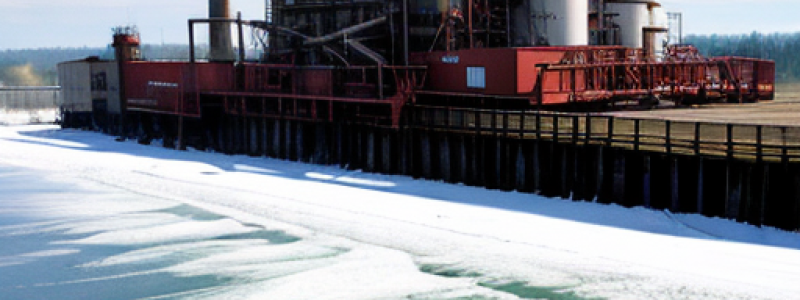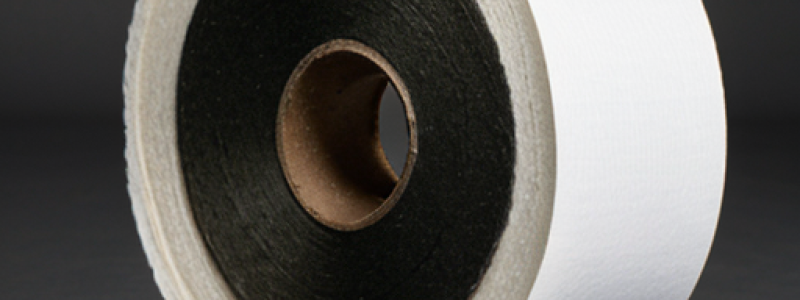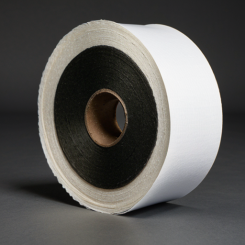The UK Confederation of Paper Industries (CPI) has raised concerns following a review of the data used to shape the government’s recycling policies. Despite the government's claim that commingled collections do not significantly impact the recyclability of dry materials, a closer examination of the Department for Environment, Food and Rural Affairs (Defra) data suggests otherwise.
Contamination rates for paper and cardboard in commingled collections are notably higher, approximately 15.5% and 12%, compared to just 1.1% and 4% in separate collections. However, the government continues to maintain its stance despite these figures.
A regression model with selected variables backs the government’s conclusion, but this model overlooks interactions between variables, potentially limiting the understanding of factors affecting recycling rates. The addition of missing data introduces further uncertainties and biases in the analysis.
Questioning the Basis
It’s noteworthy that Defra either lacks or does not disclose recycling data for food and garden waste or dry recyclables for the top ten councils. This questions the foundation of Defra’s claim that six out of the top ten councils use commingled collections in terms of recycling rates. Publicly available data suggests that some top-performing councils' food and garden waste recycling rate exceeds their dry recycling rate.
A Matter of Interpretation
Interpreting information through biases or preferences tailored to align with preconceived notions presents a risky approach to policy development. The government’s 2.5-year timeline for this level and depth of analysis raises questions about the importance attributed to this issue.
The simplistic method of data analysis, opting for a simplified approach over a more nuanced examination, and overlooking concerning data on the impact of contamination could have severe consequences and undermine the quality of collected material. According to CPI, relying on such data for policymaking decisions becomes a hazardous proposition.
Source: Confederation of (British) Paper Industries (CPI) British Paper Manufacturing.



